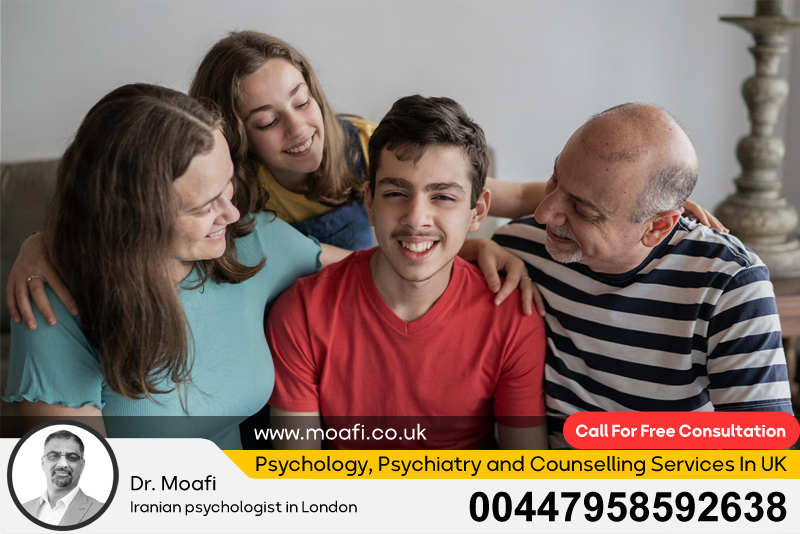Autism or Autistic
The terms “autism” and “autistic” are closely related but serve different roles in the conversation about neurodevelopmental differences. Autism is a complex neurological condition that affects how individuals perceive and interact with the world. It is primarily characterized by challenges in social communication, repetitive behaviors, and restricted interests, which can vary widely in intensity and manifestation from person to person. In contrast, the term “autistic” refers to individuals who are diagnosed with autism and serves as an identity descriptor. The distinction between referring to autism as a condition and those who experience it as autistic is increasingly important, as language shapes societal perceptions and the understanding of this condition.
Understanding autism as a spectrum acknowledges that it encompasses a diversity of experiences and abilities. Symptoms can range from those that severely impair daily functioning to mild expressions that may go unnoticed or be easily accommodated. For instance, some individuals with autism may excel in specific areas, showing remarkable talent in fields like mathematics, music, or art, while simultaneously facing challenges in social interactions. The spectrum concept emphasizes that there is no singular experience of autism; each individual has a unique profile that influences their strengths, challenges, and behaviors. This diversity necessitates a flexible approach to support and intervention, recognizing that what works for one individual may not work for another.
Language plays a significant role in how autism is perceived both by those on the spectrum and by society at large. The choice between using “autistic person” versus “person with autism” reflects broader philosophical debates about identity and disability. Many advocates and individuals with autism prefer identity-first language, emphasizing “autistic” as an integral part of who they are rather than something to be separated from their identity. This perspective highlights the idea that autism is not solely a disorder or a problematic trait but a different way of experiencing the world. Conversely, person-first language, such as “person with autism,” is often used to stress the individual’s humanity in a way that suggests autism is just one aspect of their identity. Both phrases have their merits and eliciting preferences from individuals is essential in fostering respect and understanding.
Support for individuals with autism and those who identify as autistic varies widely based on societal attitudes, resources, and educational policies. In many cases, early intervention can improve outcomes significantly, helping individuals develop communication skills, social interactions, and daily living skills. However, the effectiveness of these interventions often hinges on societal acceptance and understanding. Stigma surrounding autism can contribute to isolation and misunderstanding, affecting the mental health and well-being of autistic individuals. Promoting awareness and education is crucial in fostering inclusive environments where neurodiverse individuals can thrive, not just survive. Schools, workplaces, and communities that celebrate neurodiversity can empower autistic individuals, highlighting their strengths and creating opportunities for engagement and inclusion.
Throughout recent years, there has been a significant shift toward recognizing and advocating for the rights of autistic individuals. This movement has focused on promoting acceptance rather than merely seeking to “cure” or “normalize” those on the spectrum. Advocacy efforts have been pivotal in influencing public policy, educational practices, and healthcare, promoting a more nuanced understanding of autism that honors the experiences of individuals. Organizations founded by autistic individuals often lead these efforts, emphasizing the importance of lived experience in shaping supportive frameworks and practices in society.
As discussions about autism continue to evolve, it is essential to acknowledge the individuality of each autistic person. Respectful dialogue that includes the voices of those affected by autism is crucial to developing policies and practices that support their rights and well-being. By fostering an inclusive society that values neurodiversity, we can create environments where autistic individuals not only feel accepted but are also encouraged to contribute to their communities. Being autistic is a part of who they are, and embracing that identity can lead to greater understanding and appreciation of the diverse ways individuals experience the world. Recognizing and respecting the terminology surrounding autism can facilitate deeper connections and foster a more empathetic society where everyone has the opportunity to thrive.



